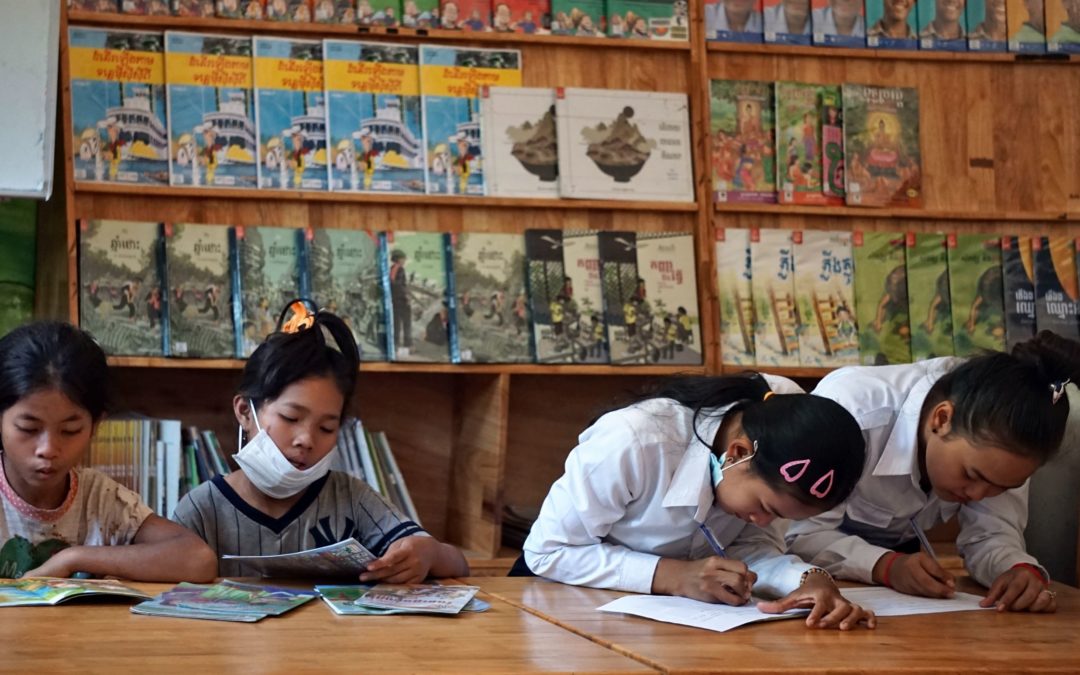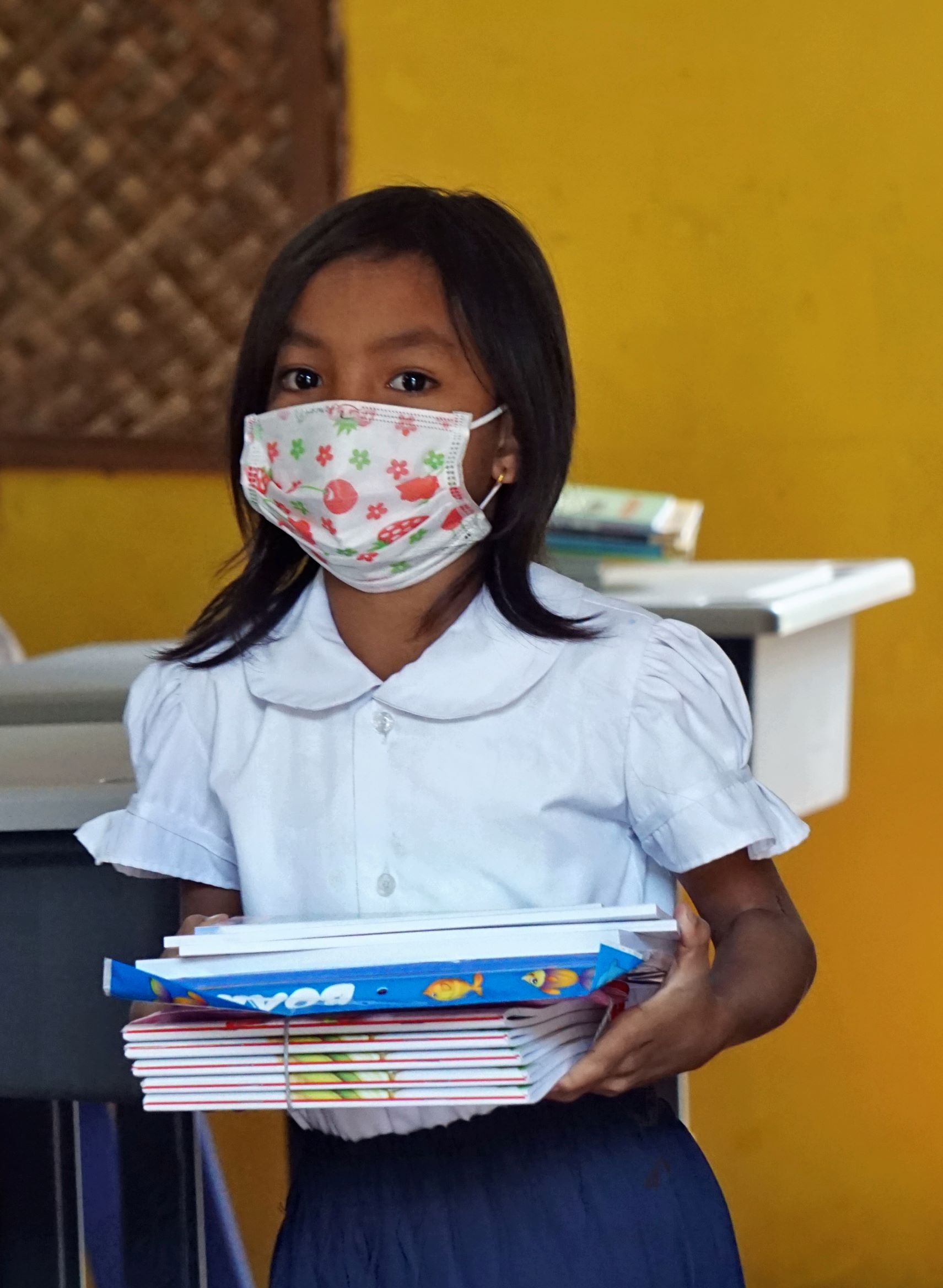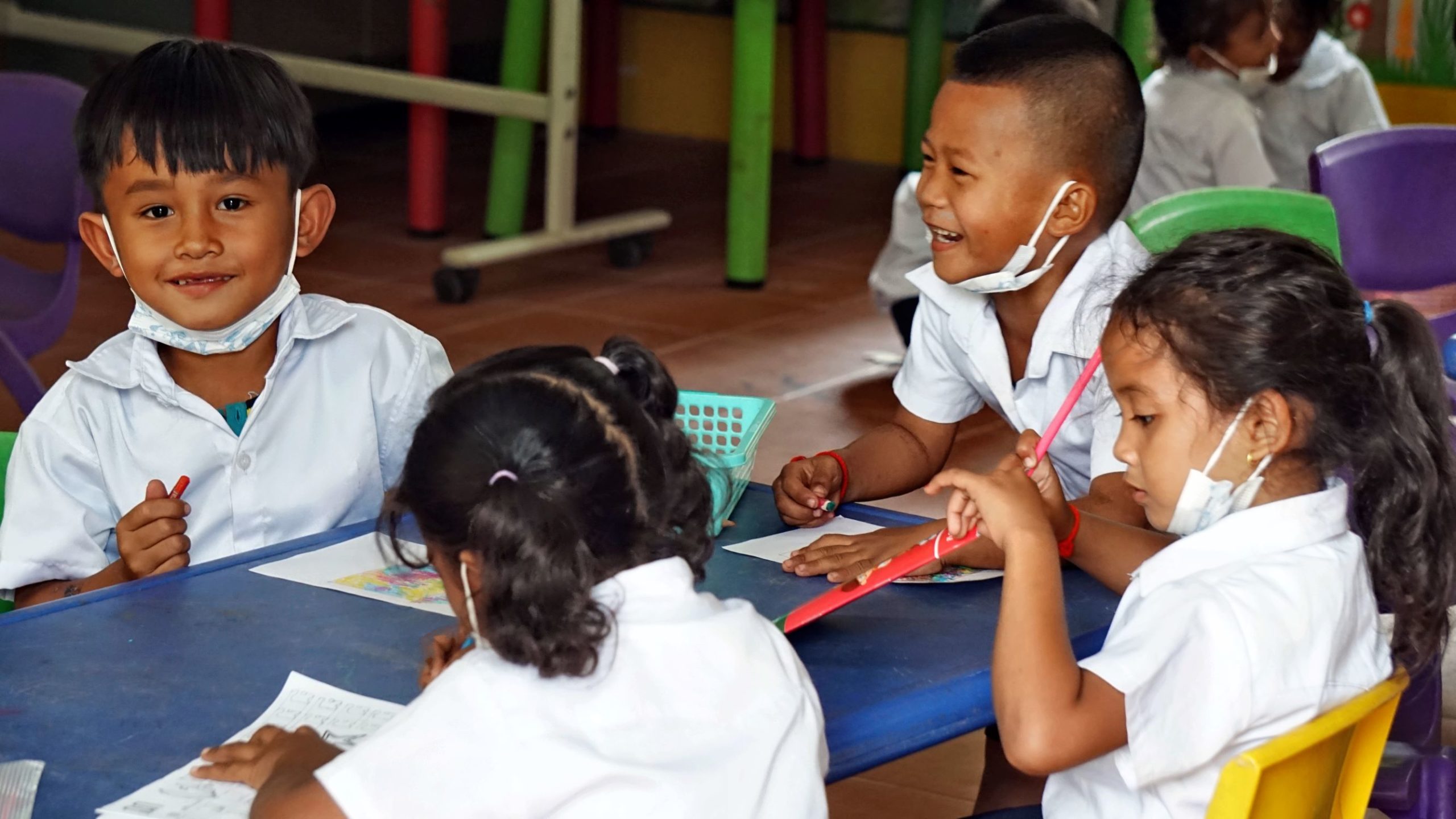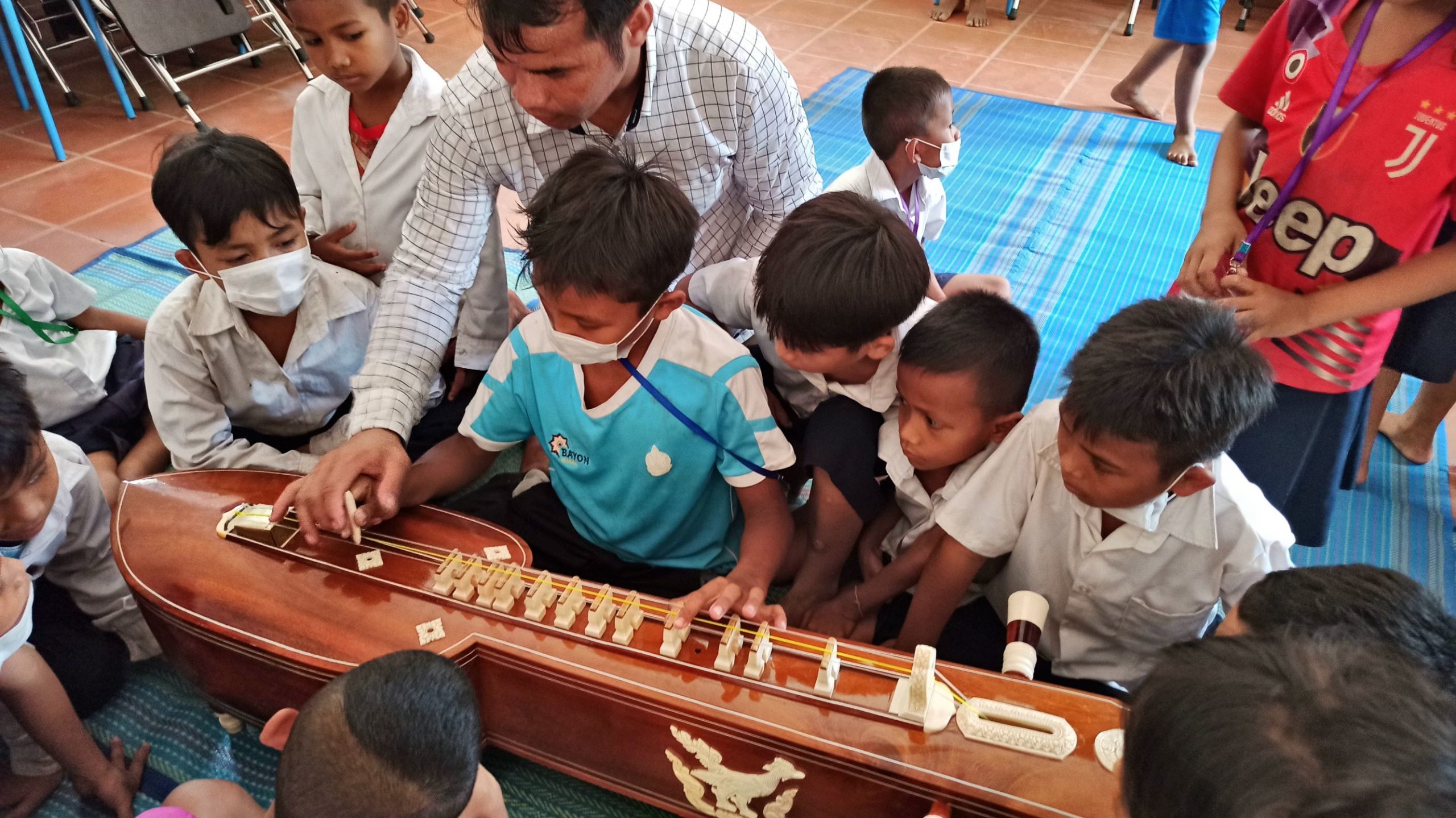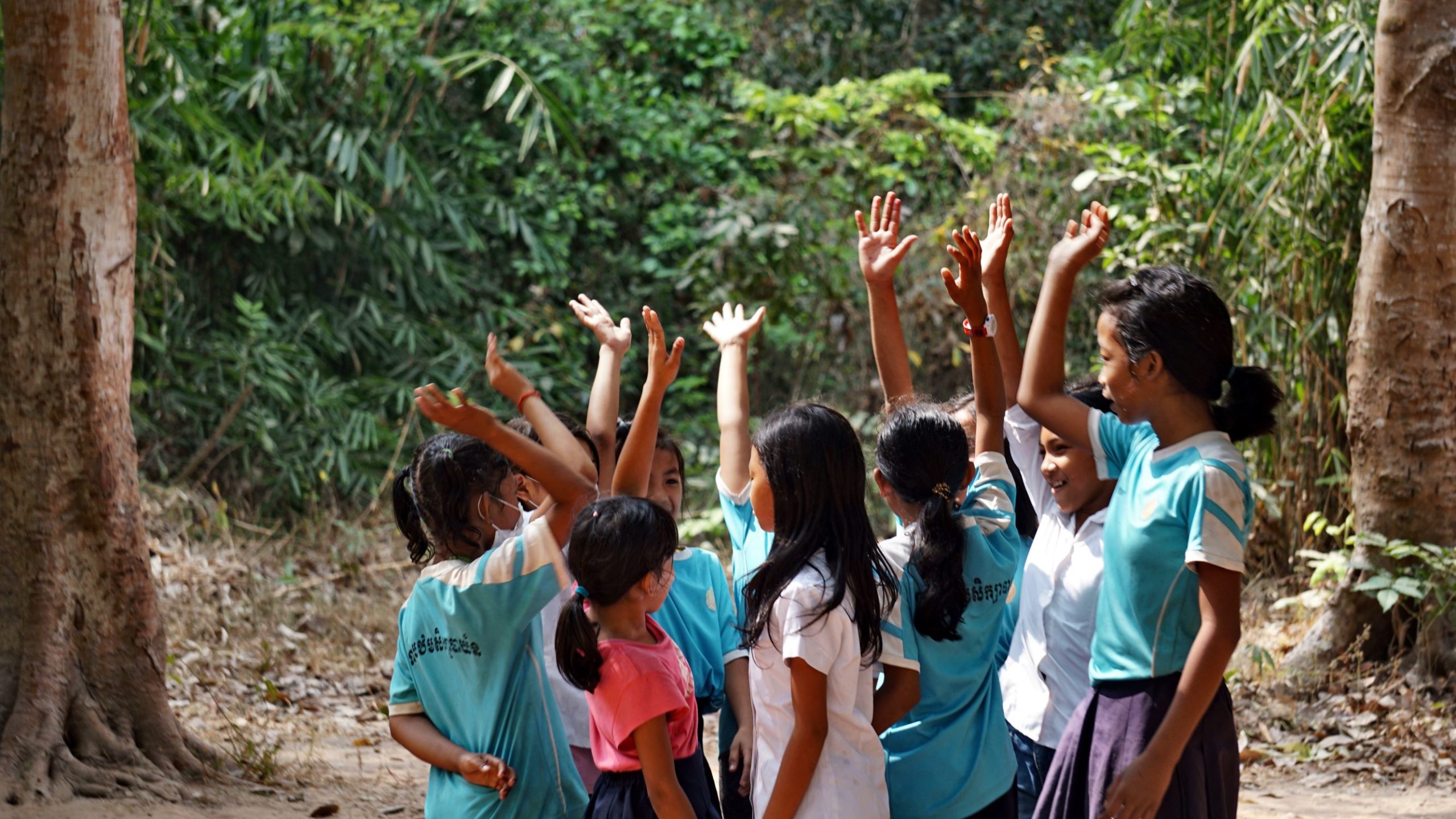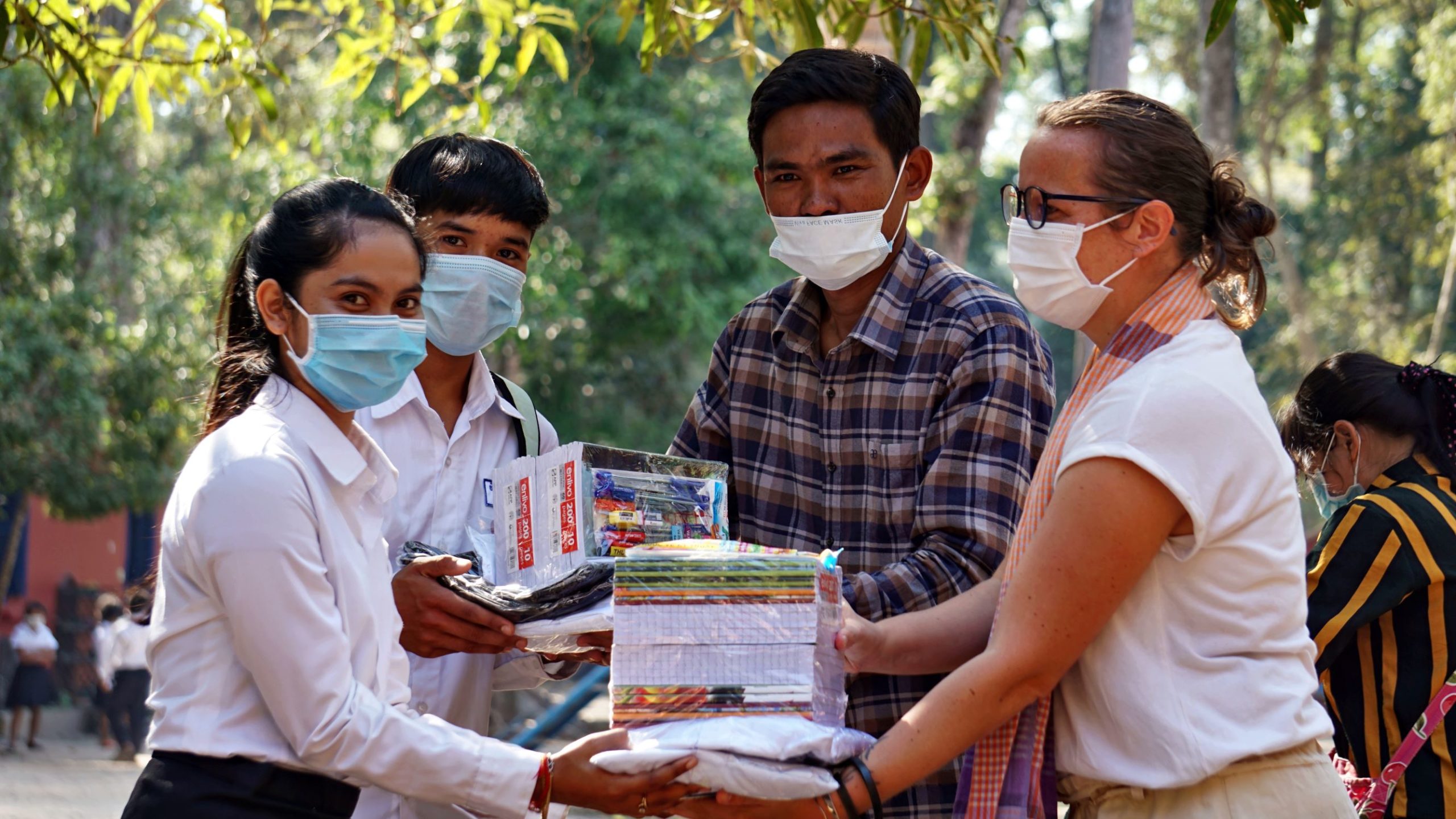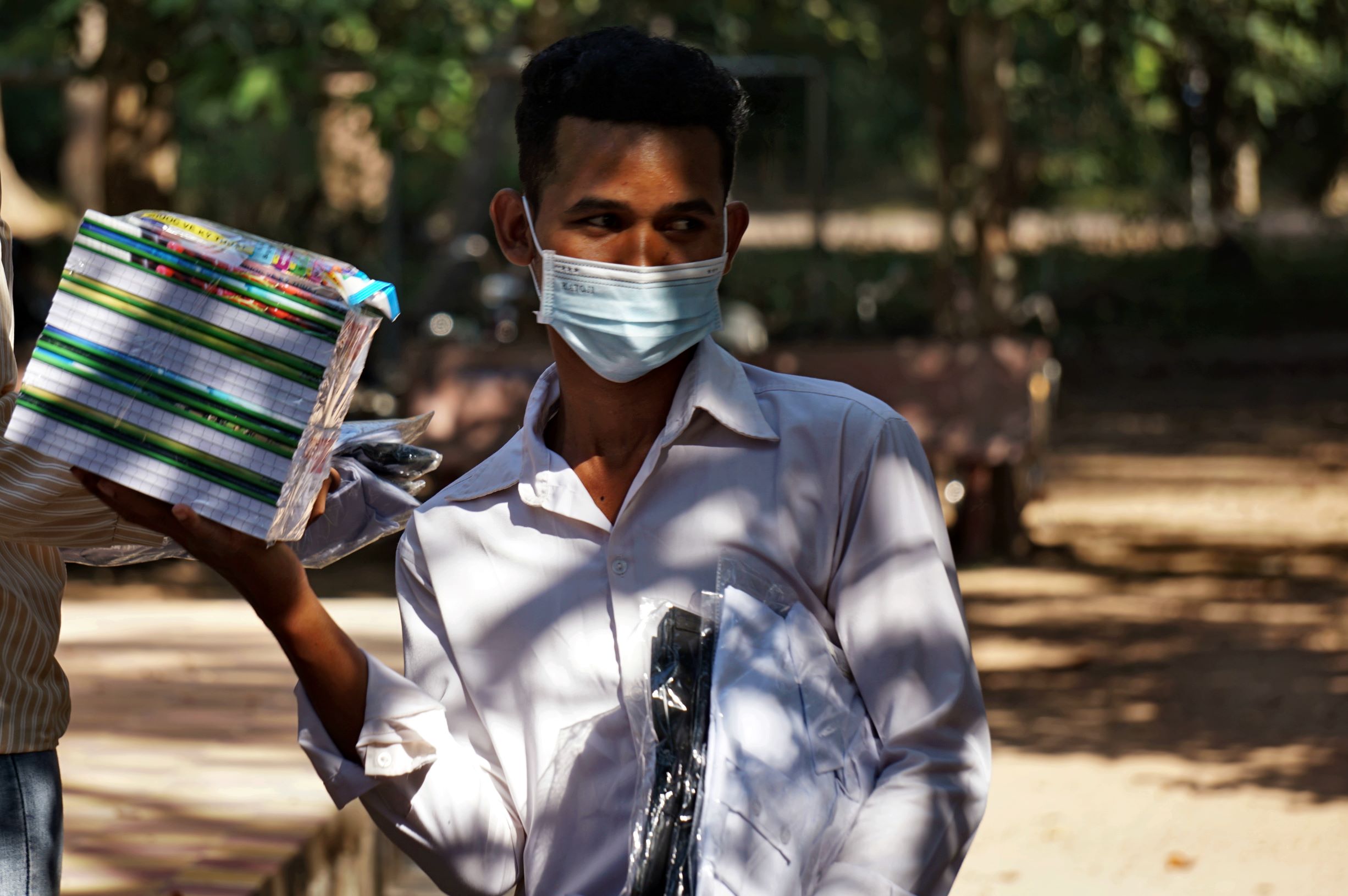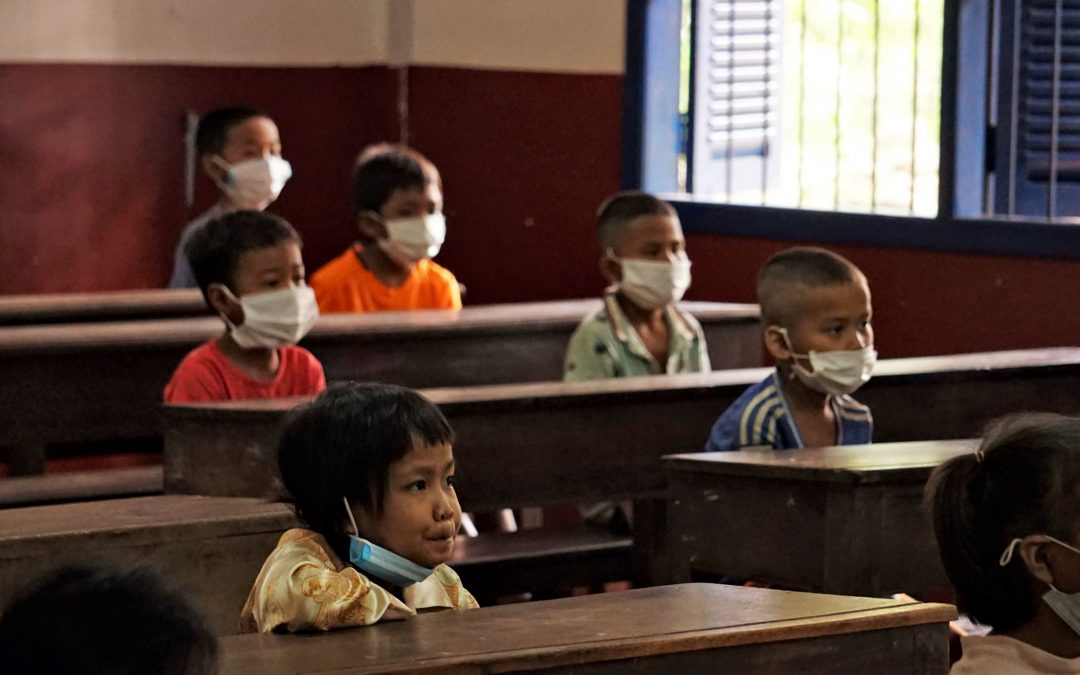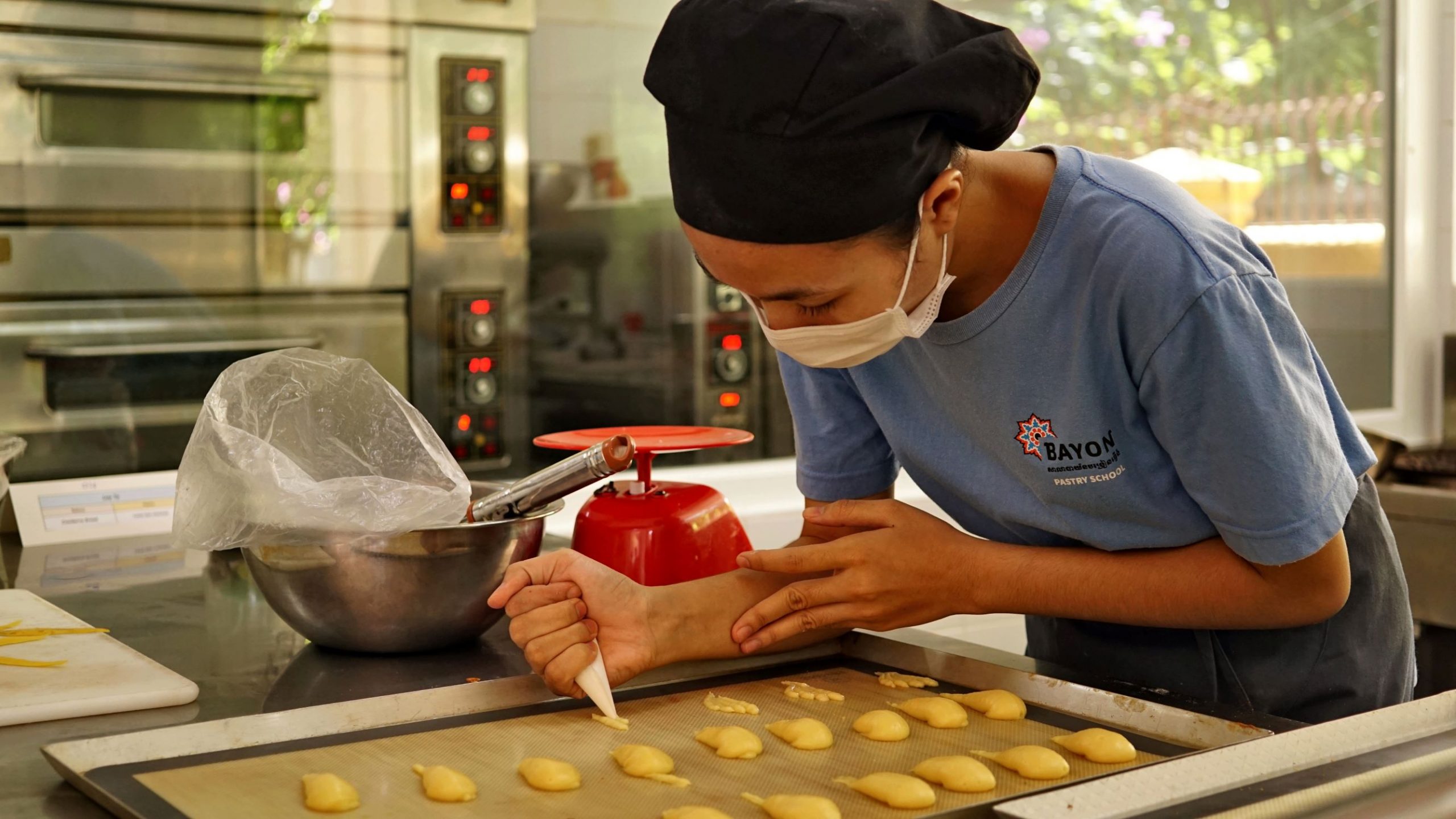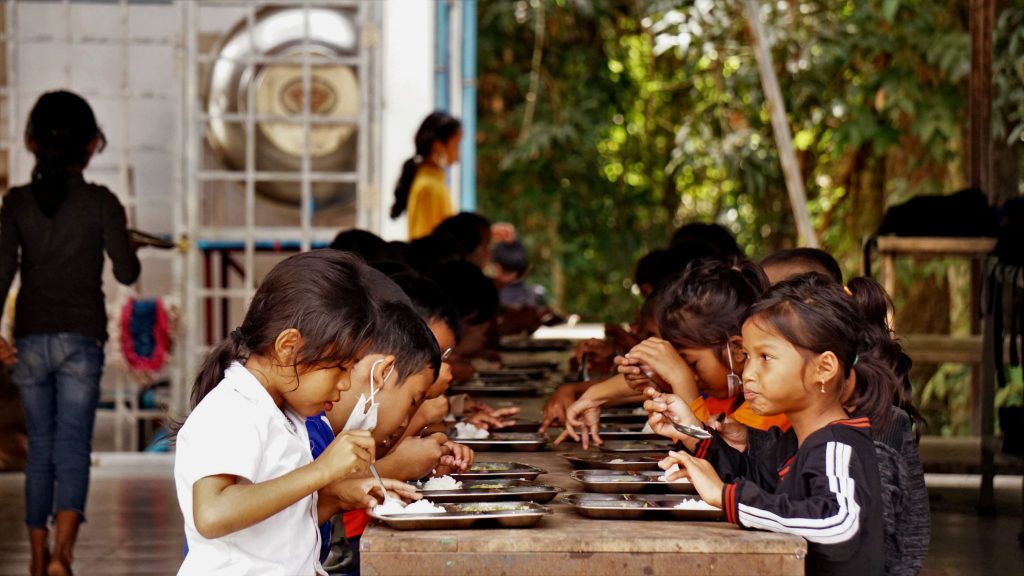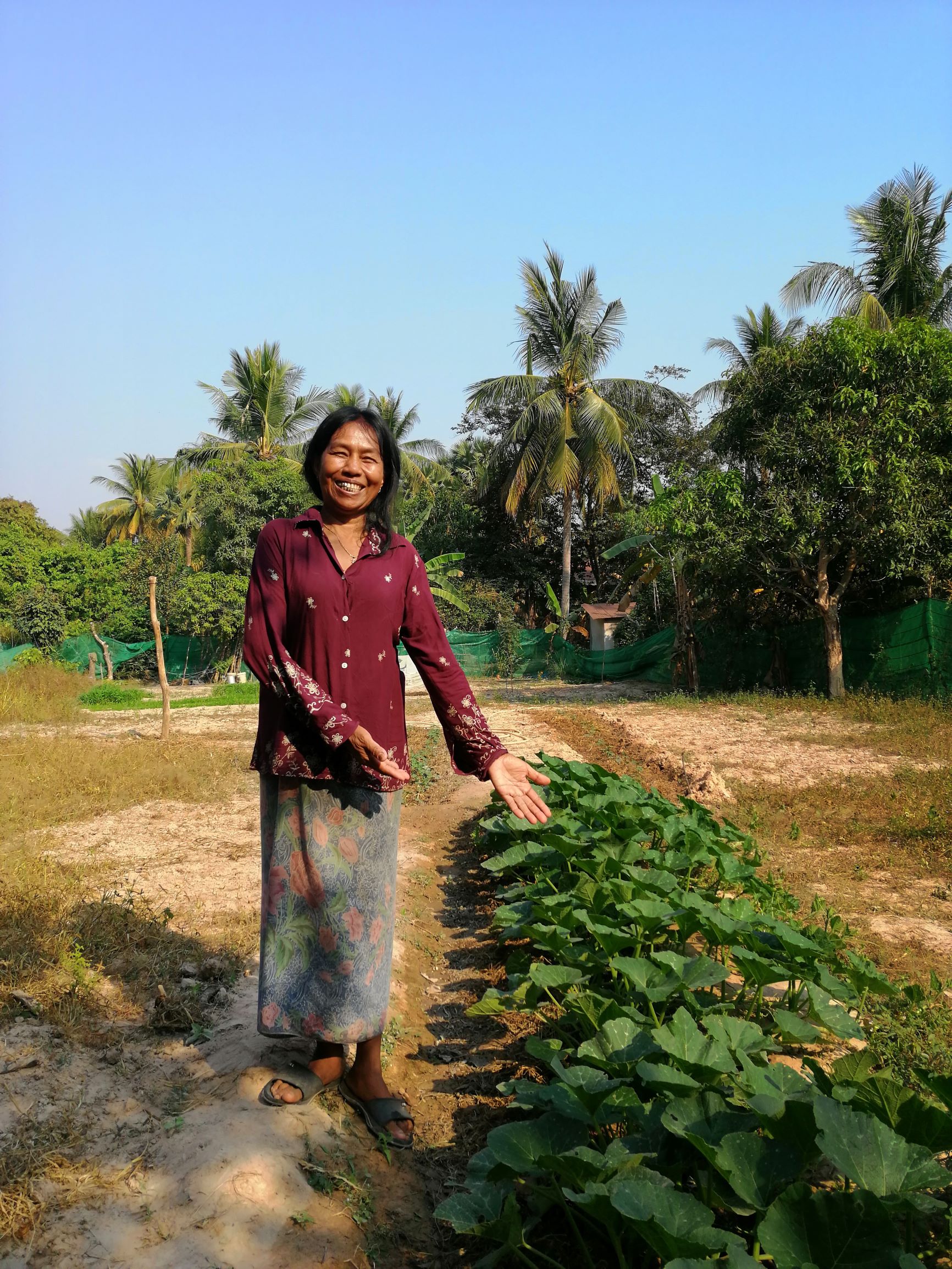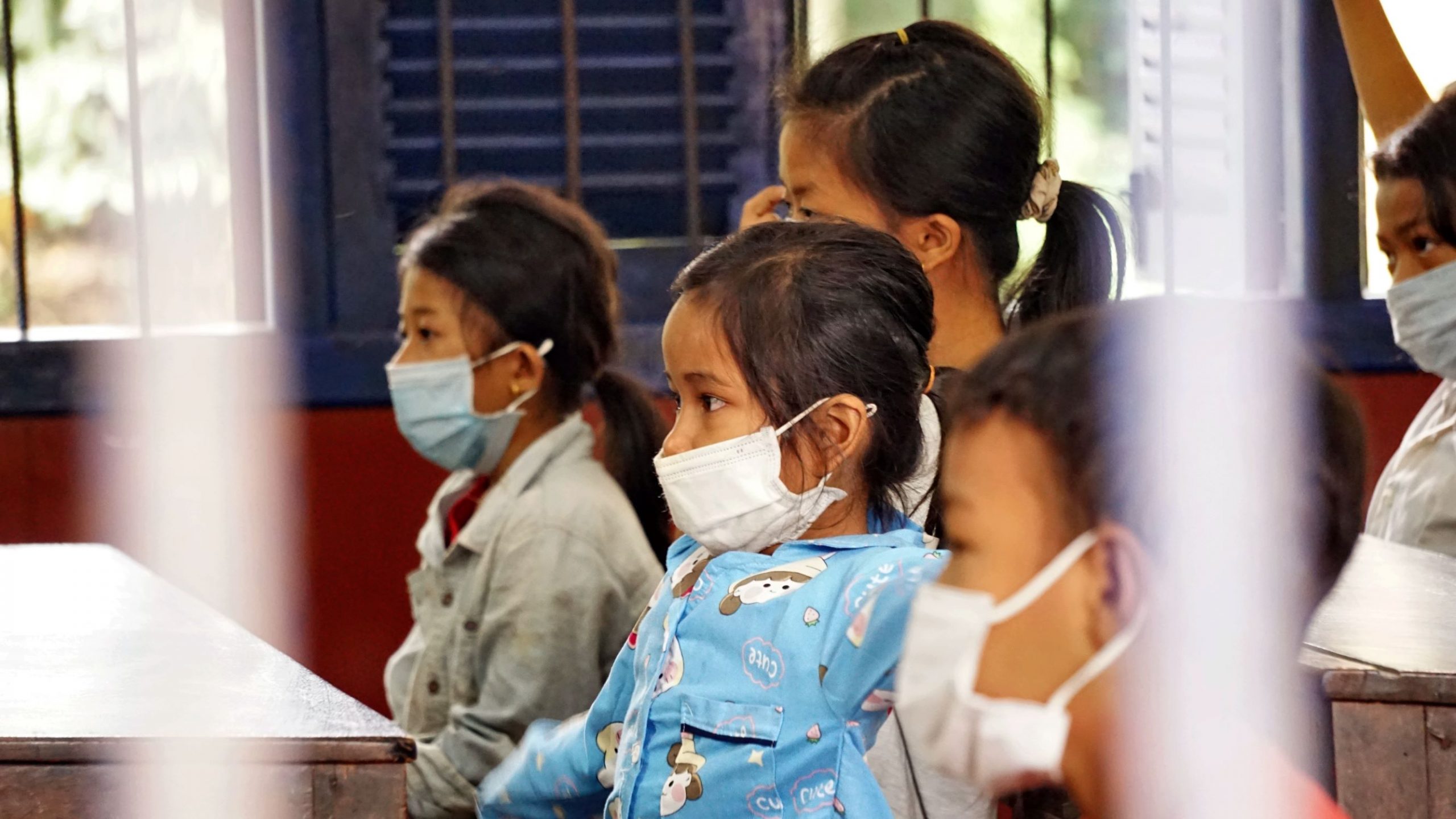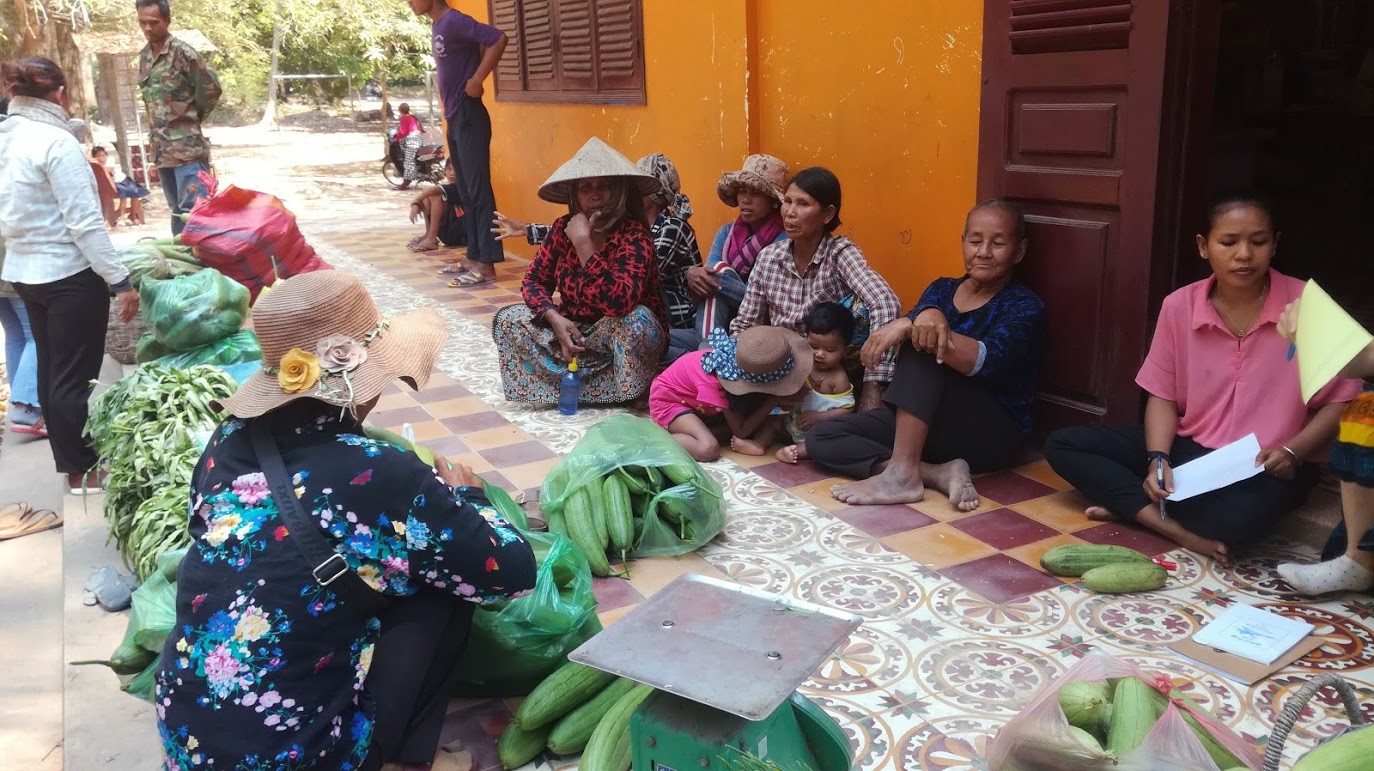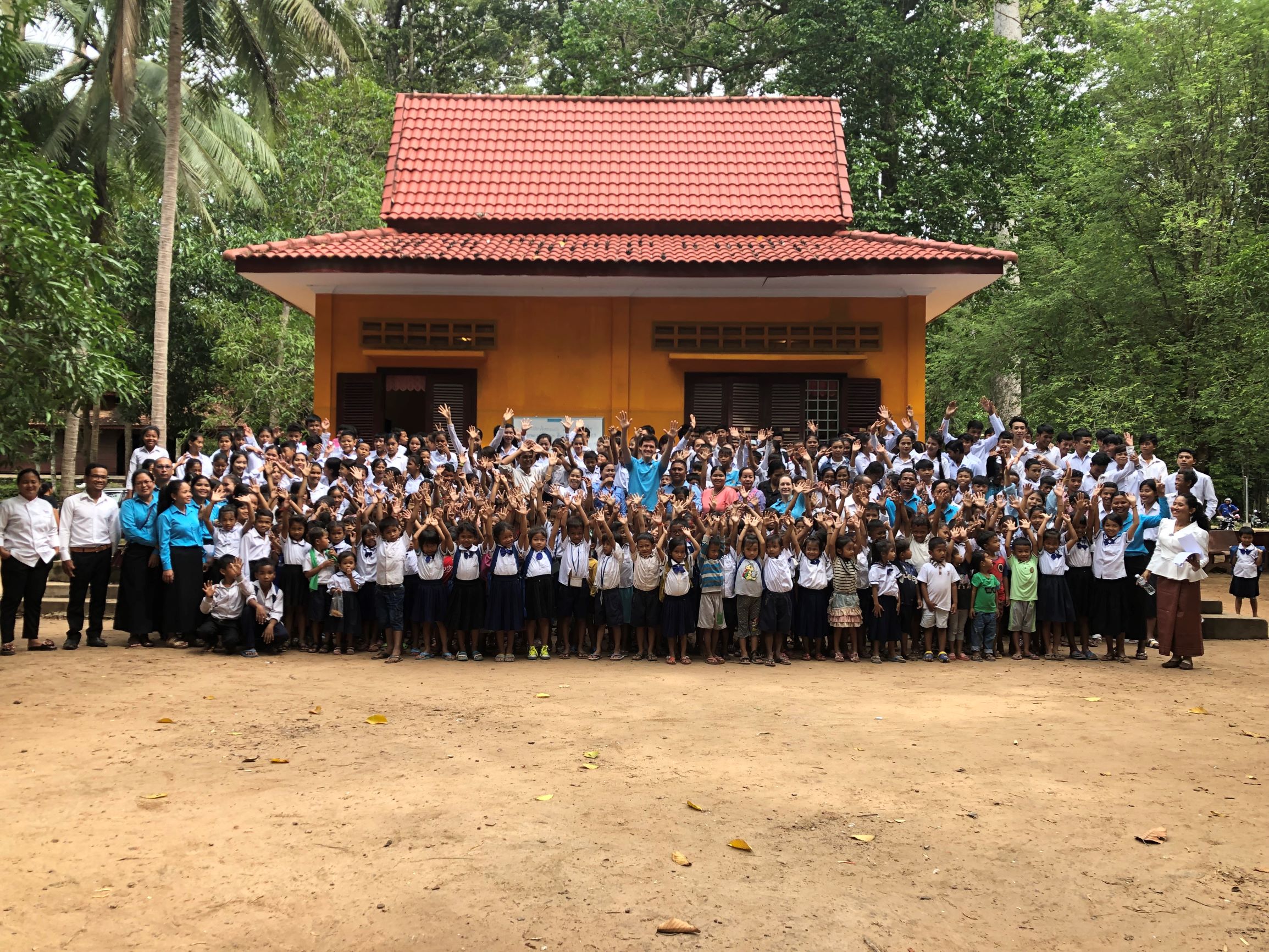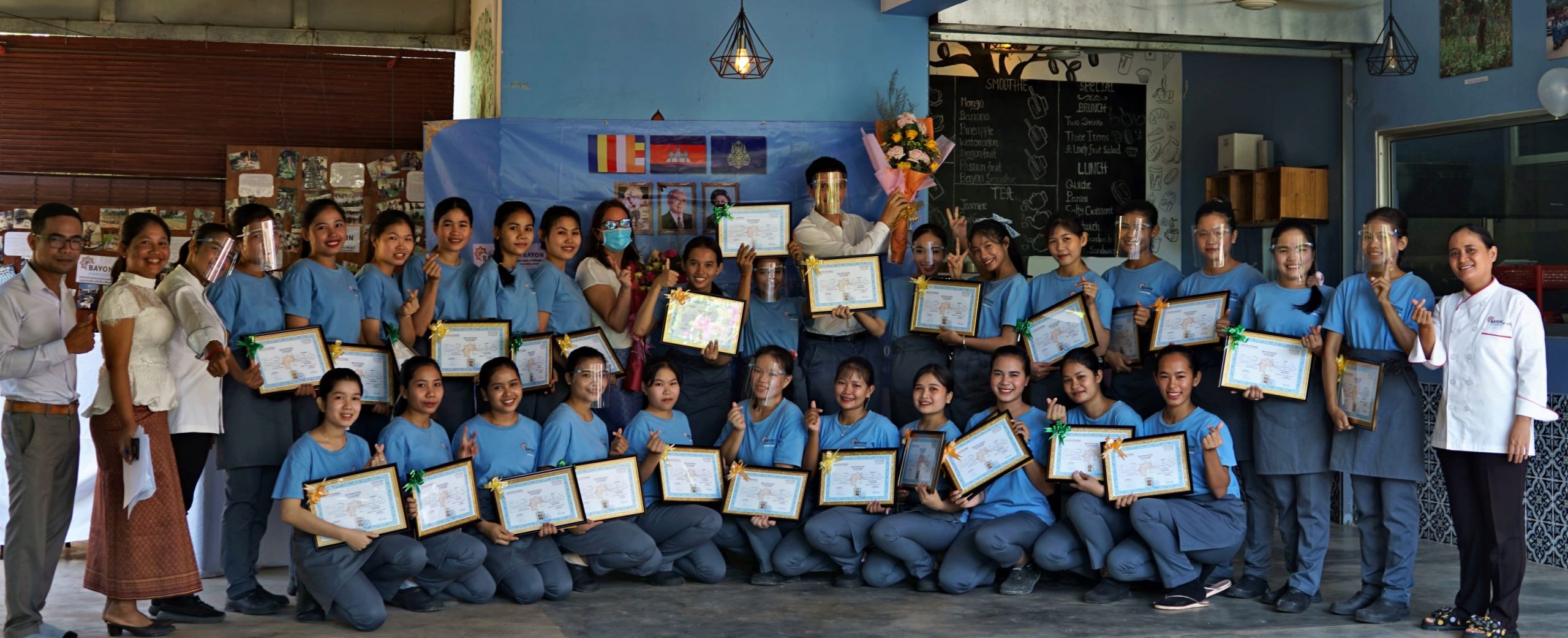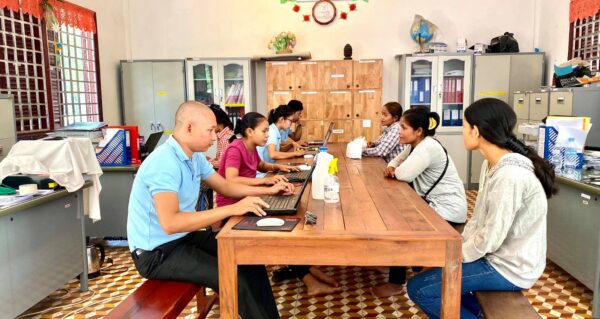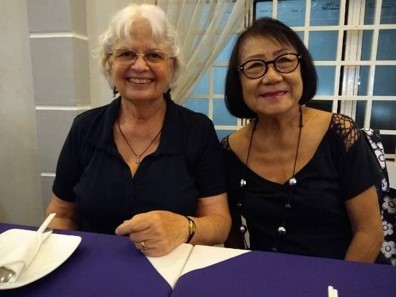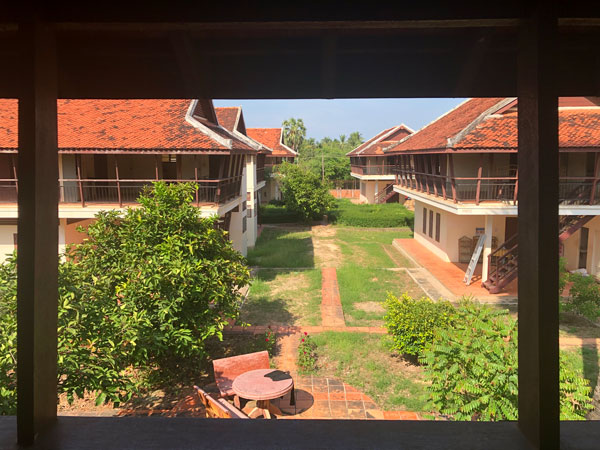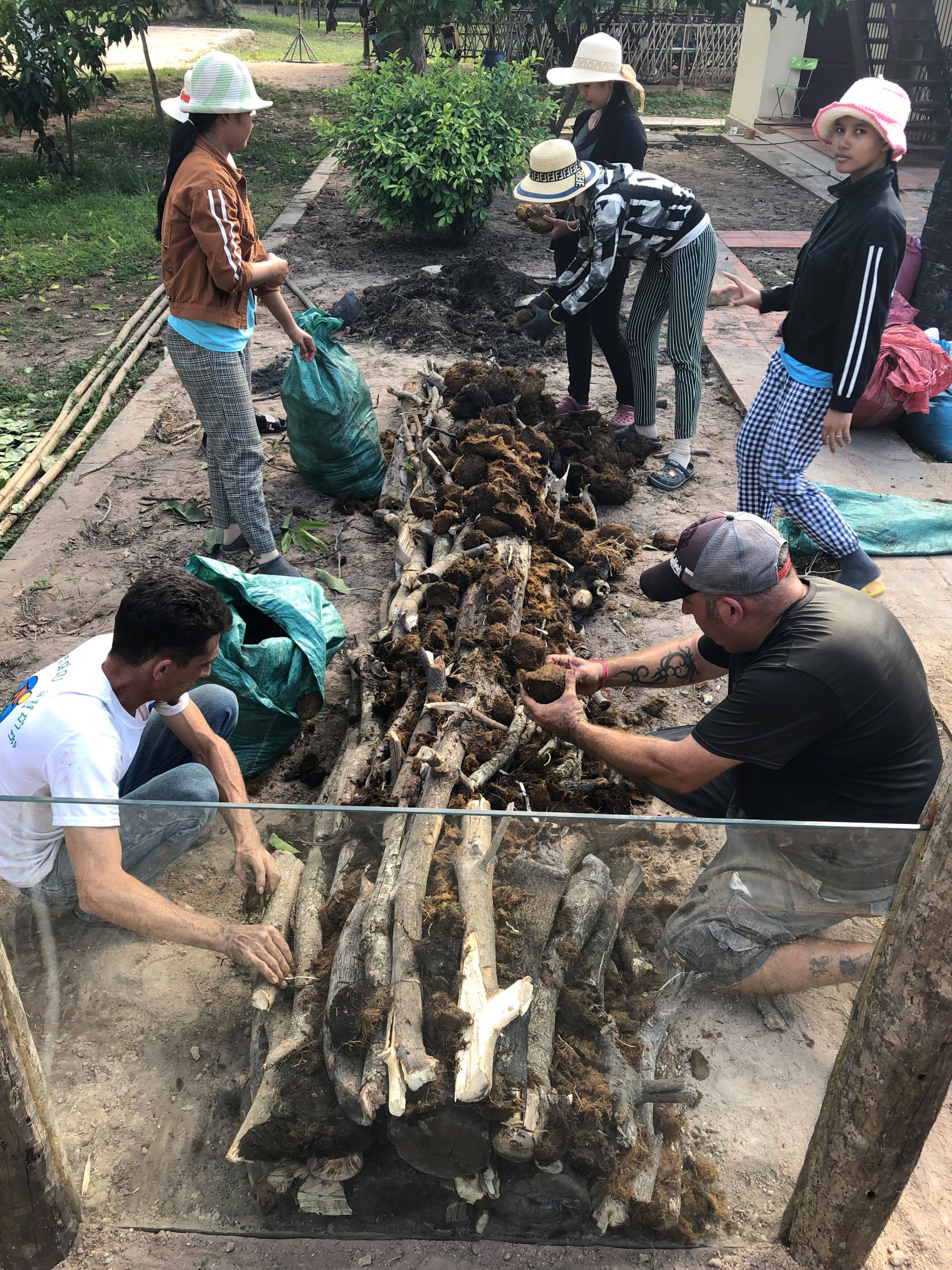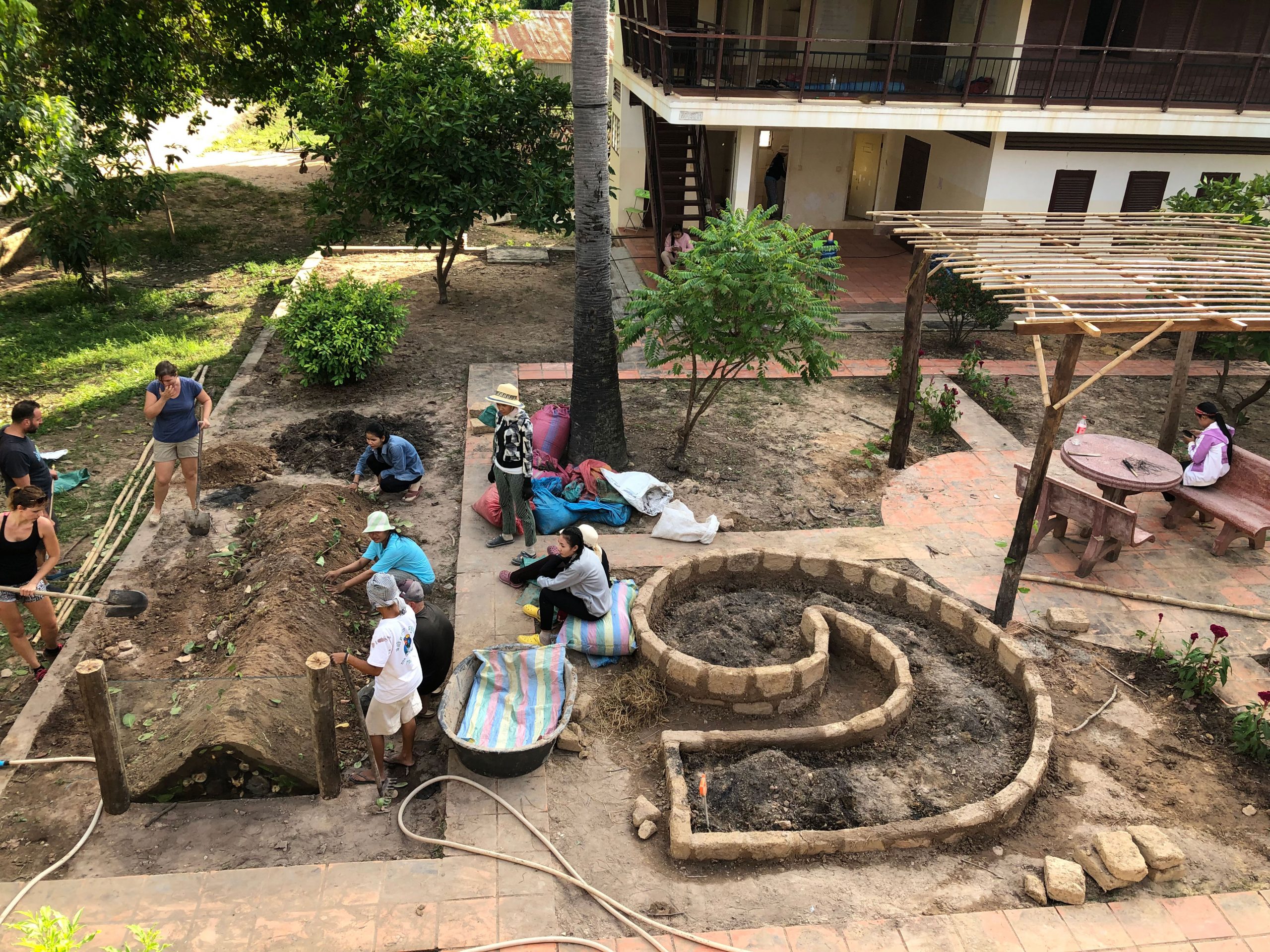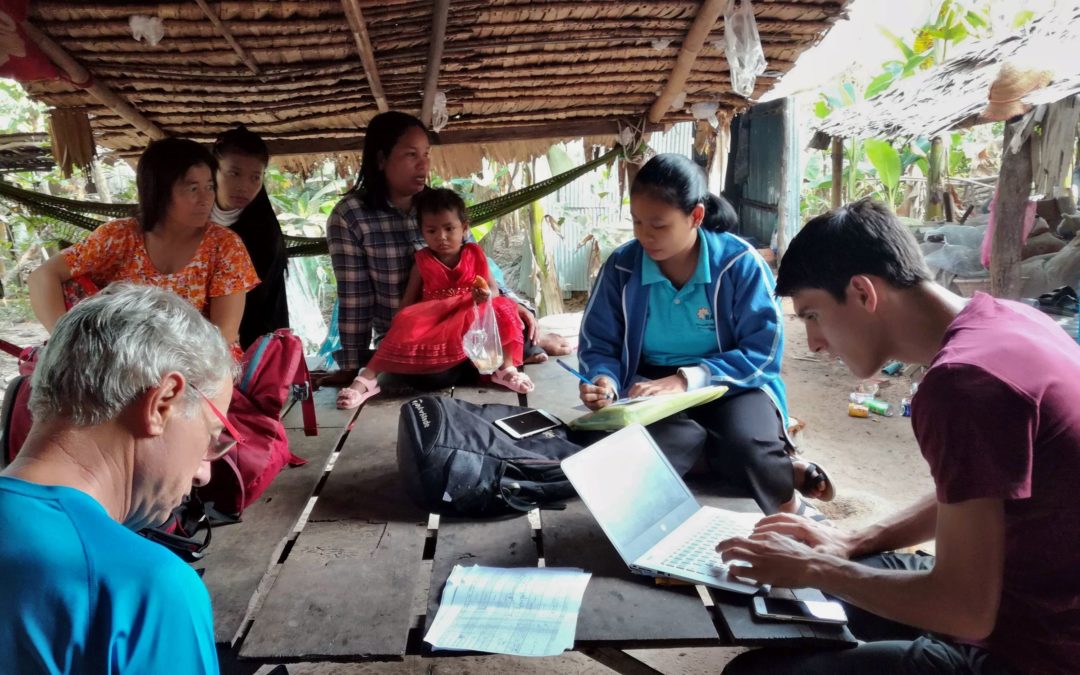
The importance of a database
Pinelopi, an intern at BED for 6 months, tells us about the database she created to centralize information about our beneficiaries. A task that at first glance seems obvious, but that turns out to be both complex, technical and vital to improve the quality of the programs we implement.
In September of 2020, I arrived at Bayon Education and Development to implement a project initially sought out by members of the social and health teams. The project? To develop and implement a database that would organize the data collected on beneficiaries as well as assist with the monitoring and evaluation needs of BED.
Database and its contents
The database was built using an online software called TeamDesk. A tool customized to reflect the needs of BED’s data collection and organization of three main components: social, health, and education.
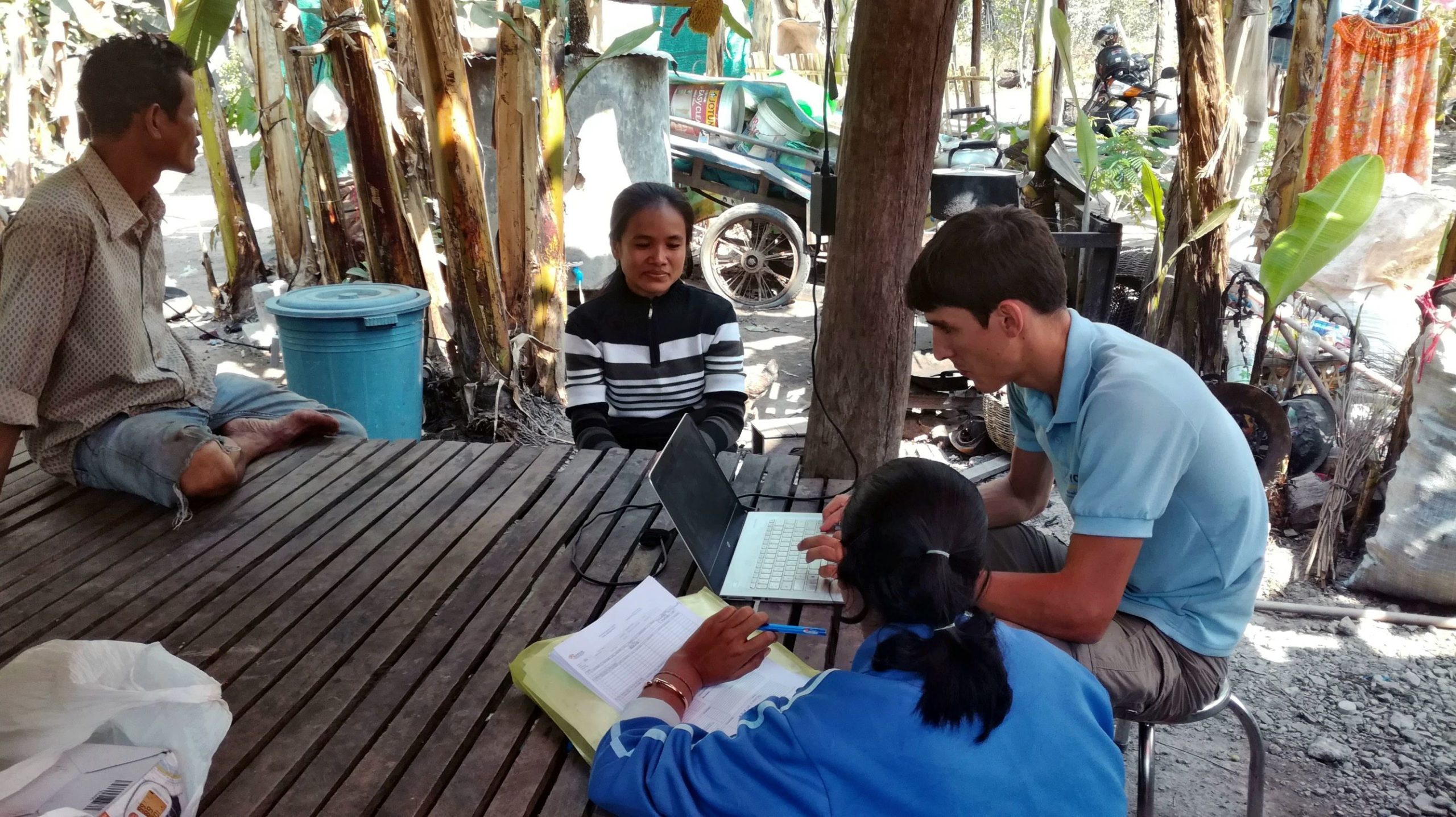
Throughout their enrollment from kindergarten to grade 12, and in some cases university, beneficiaries are monitored by BED’s team of social workers, medical professionals and educators. The social, health and educational data collected by our teams are essential for proper monitoring of each beneficiary as well as for assessing the efficacy and impact of our programs. As a result, the database currently stores the social, health and education information of beneficiaries enrolled in our Primary School, Follow-up and University programs (372 students and 242 families).
Need for a data base
Prior to the implementation of the database, BED was seeking a way to improve the monitoring and evaluation strategies of beneficiaries and programs.
As information was collected by different teams, and previously stored in several unrelated Excel files, performing analyses across the different components of data collection was quite complicated. Additionally, it was challenging to share information between teams.
Lastly, new records were created every year, thus making it difficult to monitor students and families over time and get a sense of the impact and evolution of BED. Therefore, three basic needs were required of the new database: the ability to
- Store and relate beneficiary data in one place,
- Keep a history of collected data,
- Analyze the collected data
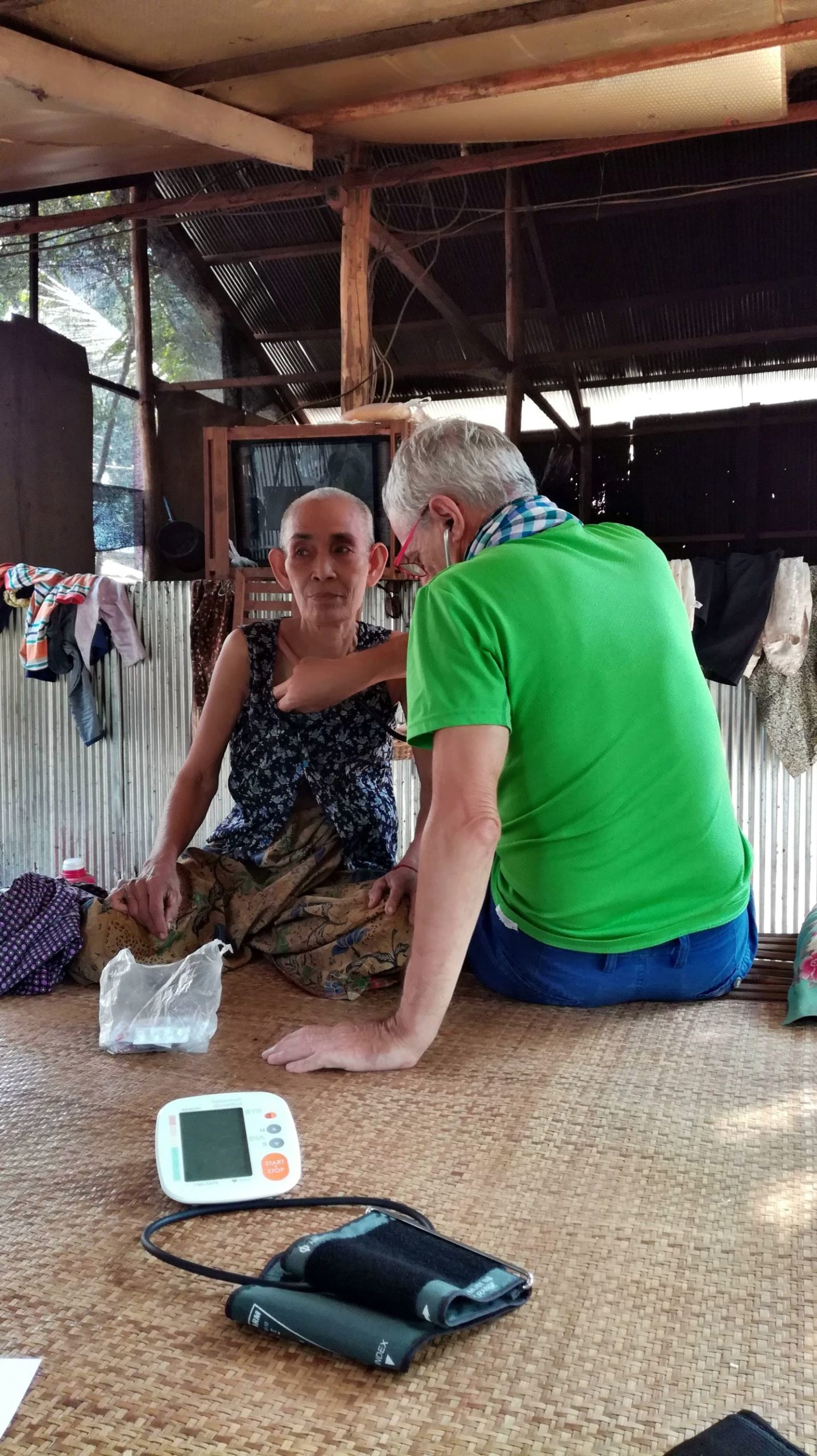
Value & impact
Within the database, each student and family has a personal file that stores data collected by each team throughout their enrollment in BED. This has two important implications:
- The team has access to a comprehensive file to monitor each student and family and
- Information related to beneficiaries or a program can be monitored over the years.
In addition to the impact on data organization and monitoring, the database has also influenced how each team collects their data. Teachers at the primary school can now record attendance and exam scores directly on their phone or a tablet, medical check-ups are recorded using a tablet, and social workers have the ability to update a family’s information at the time of their visit. This feature provides all teams with immediate access to updated information as it is collected.
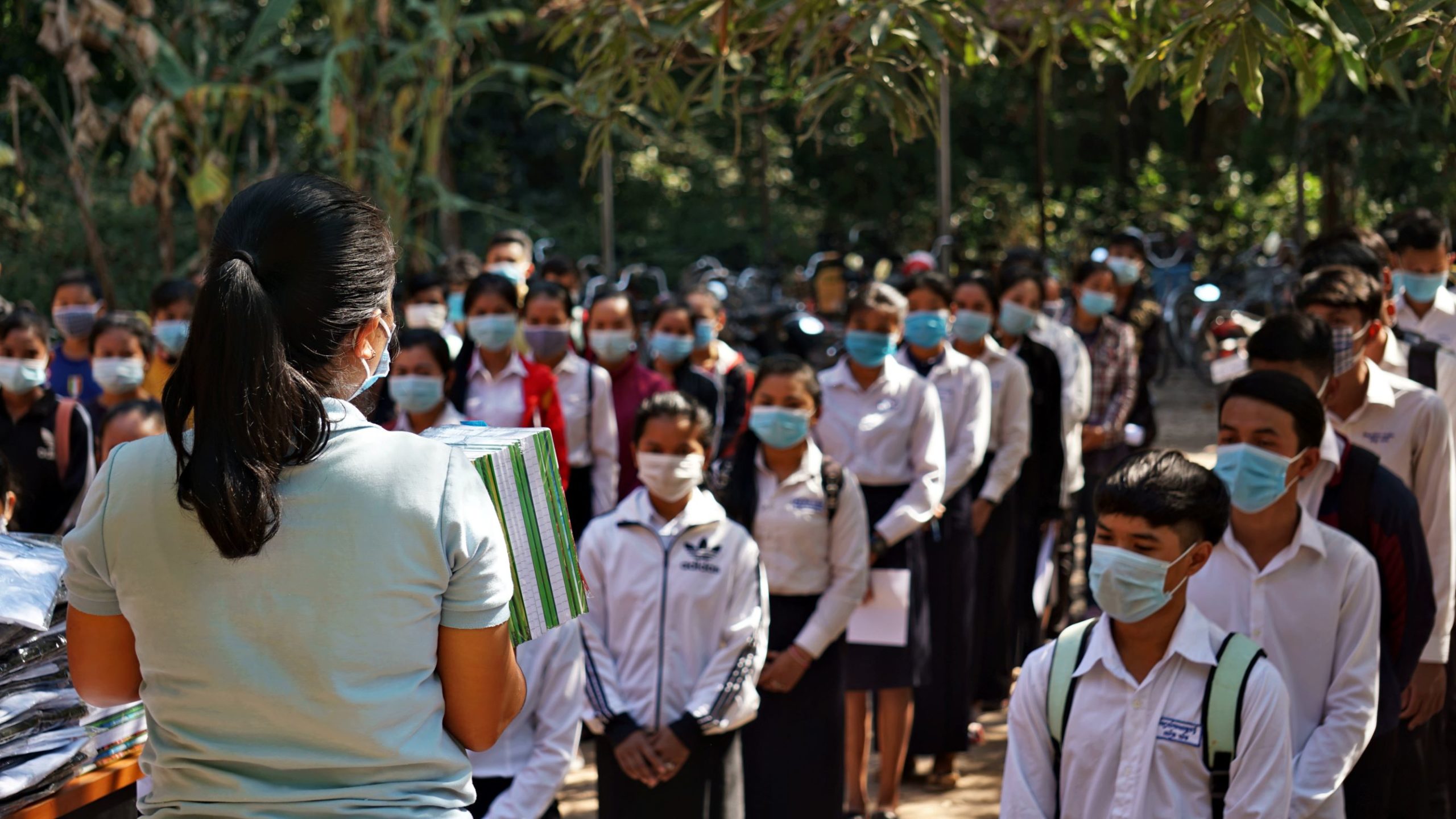
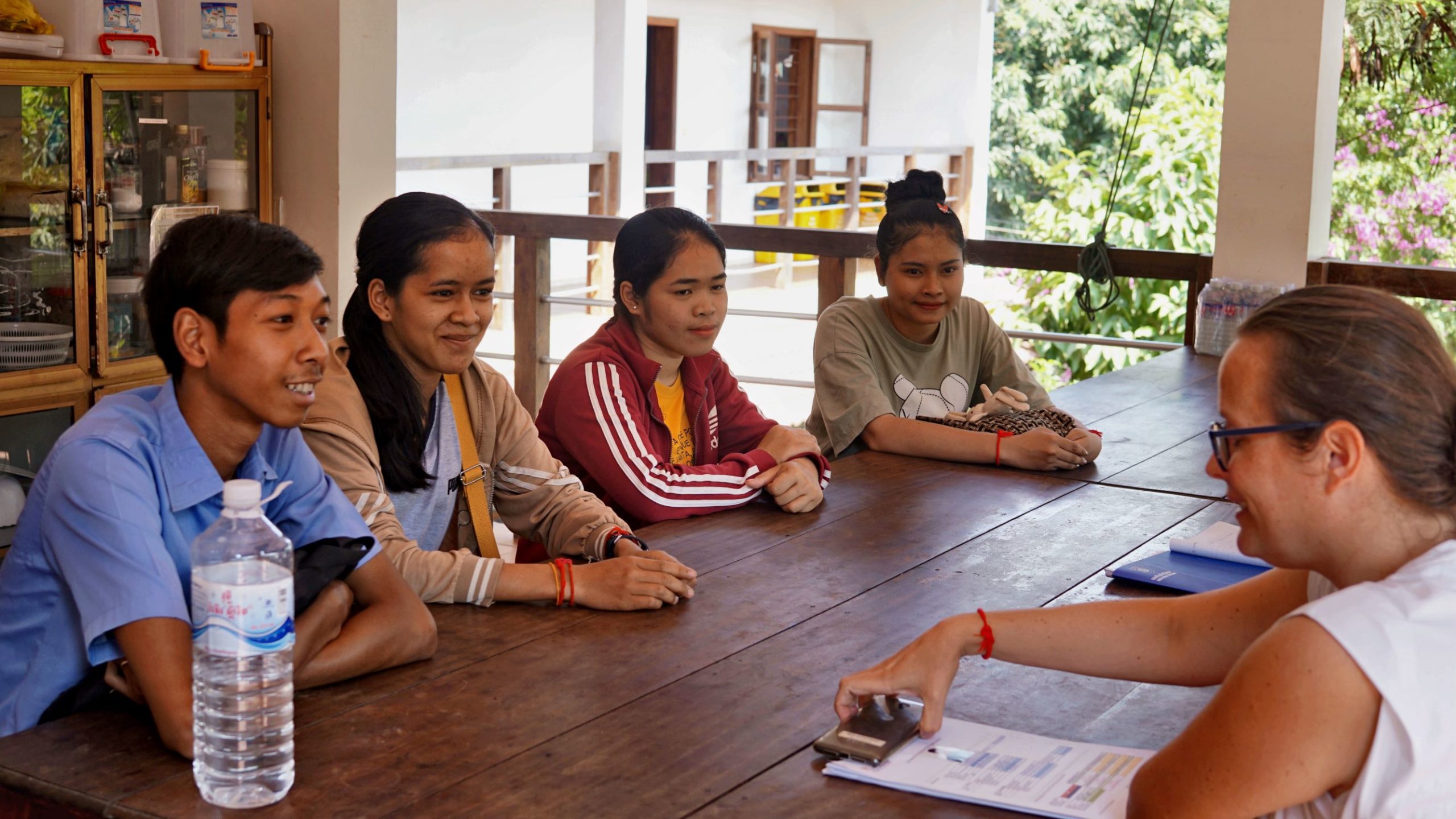
Lastly, information can also be organized in charts, graphs and figures. This enables BED’s management to derive insights on the performance of the different projects under its umbrella.
Implementation & future
As BED also aims to increase the skills of its staff, several training sessions have been given and the local teams are now autonomous in the use of the database.
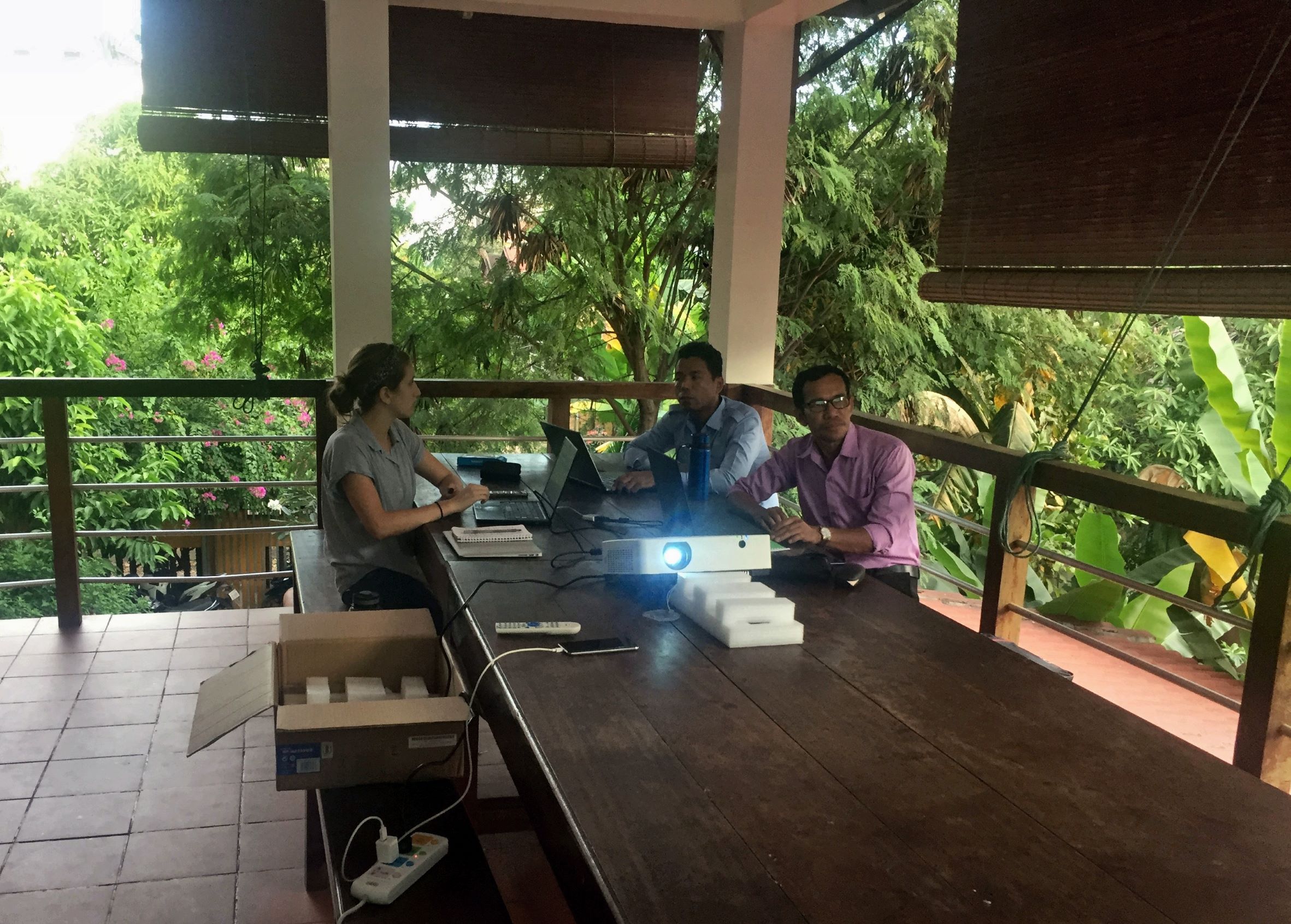
Although this project begins with three programs (primary, follow-up and university), the long-term objective would be to carry out data collection for all of BED’s programs on the database. Ultimately, the purpose of this database is to serve BED’s team and management in relating information across different data collection tasks and to improve the organization’s ability to track the evolution of beneficiaries and programs over the years to come.
It has been an incredible experience working with each person at BED to complete this project. To say the least, I believe it has been a learning experience for me as well as for all the team members who have had to adjust to a new tool for completing their work in support of children and families enrolled with BED.
